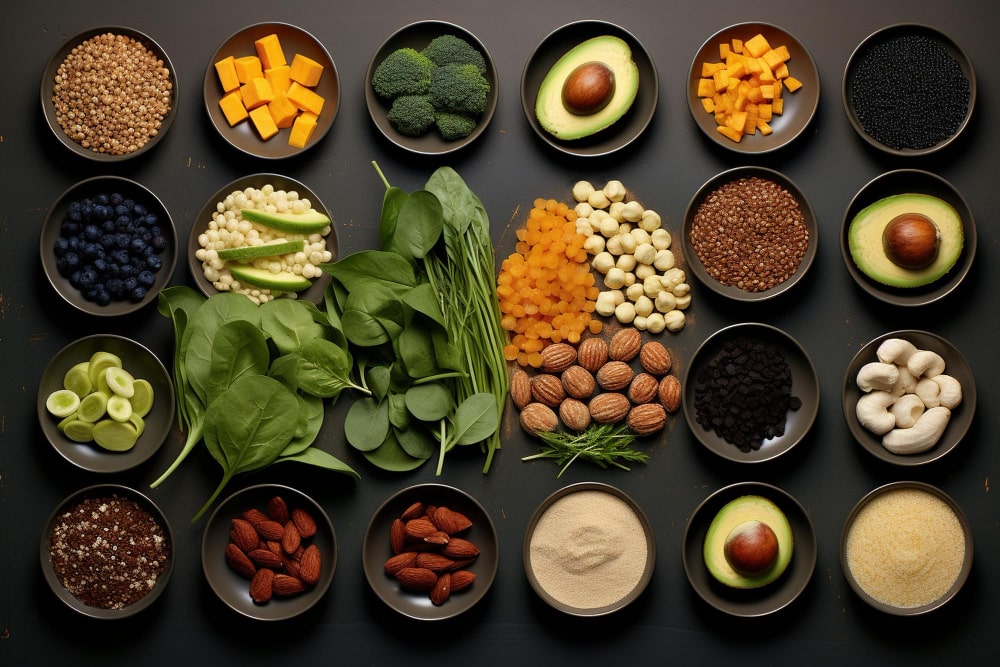
You betcha Popeye was onto something when he grabbed that spinach to pump up his adventures! This leafy green dynamo doesn’t just deliver a boatload of vitamins and minerals, it also packs a surprising punch of protein. We’re talking about 2.9 grams of protein per cup of cooked spinach! It is a perfect example of plant protein which is available everywhere and easily consumable.
And don’t forget broccoli, often cheered as a nutritional superstar! This cruciferous hero is loaded with fiber and antioxidants, and get this – it also boasts around 2.8 grams of protein per cup when cooked! Whether you steam, roast, or add it to pasta, incorporating broccoli into meals is an easy and tasty way to up your protein and support your overall wellness.
Despite their pint-size, Brussels sprouts deliver a powerful nutritional wallop, including a good amount of protein! We’re talking about 3 grams of protein per cup of these cooked little cabbages. Roasted, sautéed, or shaved into salads, Brussels sprouts offer a delicious and nutritious protein boost to optimize your health!
Top 5 Vegetarian Protein-Rich Foods
Spinach

Spinach is one of the most protein-dense leafy greens, with nearly 3 grams of protein per cup. Popeye was on to something when he turned to spinach for strength and vitality. This versatile vegetable provides protein along with antioxidants, vitamins and minerals.
Broccoli
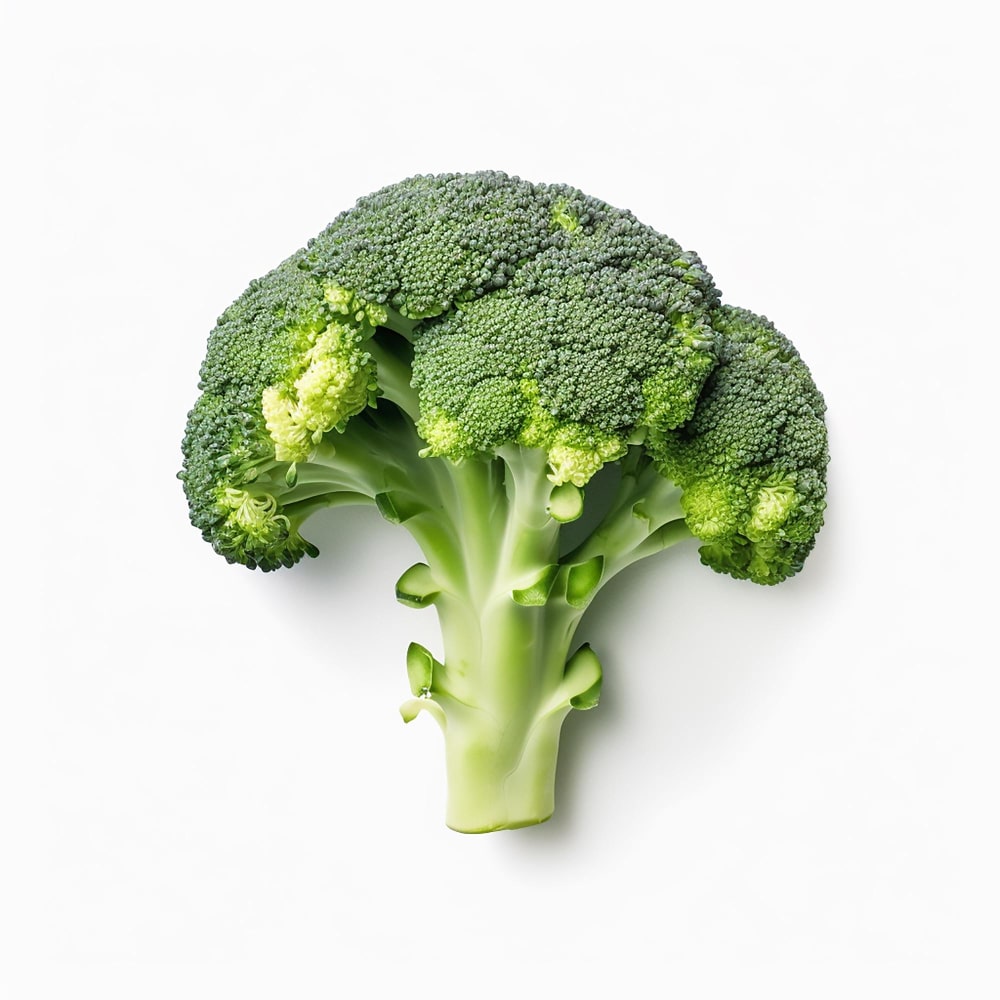
Broccoli contains almost 3 grams of plant protein per cup. Roasting or steaming it brings out its natural nutty flavor. Broccoli pairs well in pasta, stir fries, and casseroles.
A nutritional powerhouse, broccoli offers a surprising quantity of protein in addition to a wide range of vitamins and minerals. Broccoli, which has about 3 grammes of protein per cup, is a nutritious addition to any plant-based diet. This cruciferous vegetable can be used to pasta meals, roasted, steamed, or any other cuisine to boost overall wellbeing and protein intake.
Brussels Sprouts
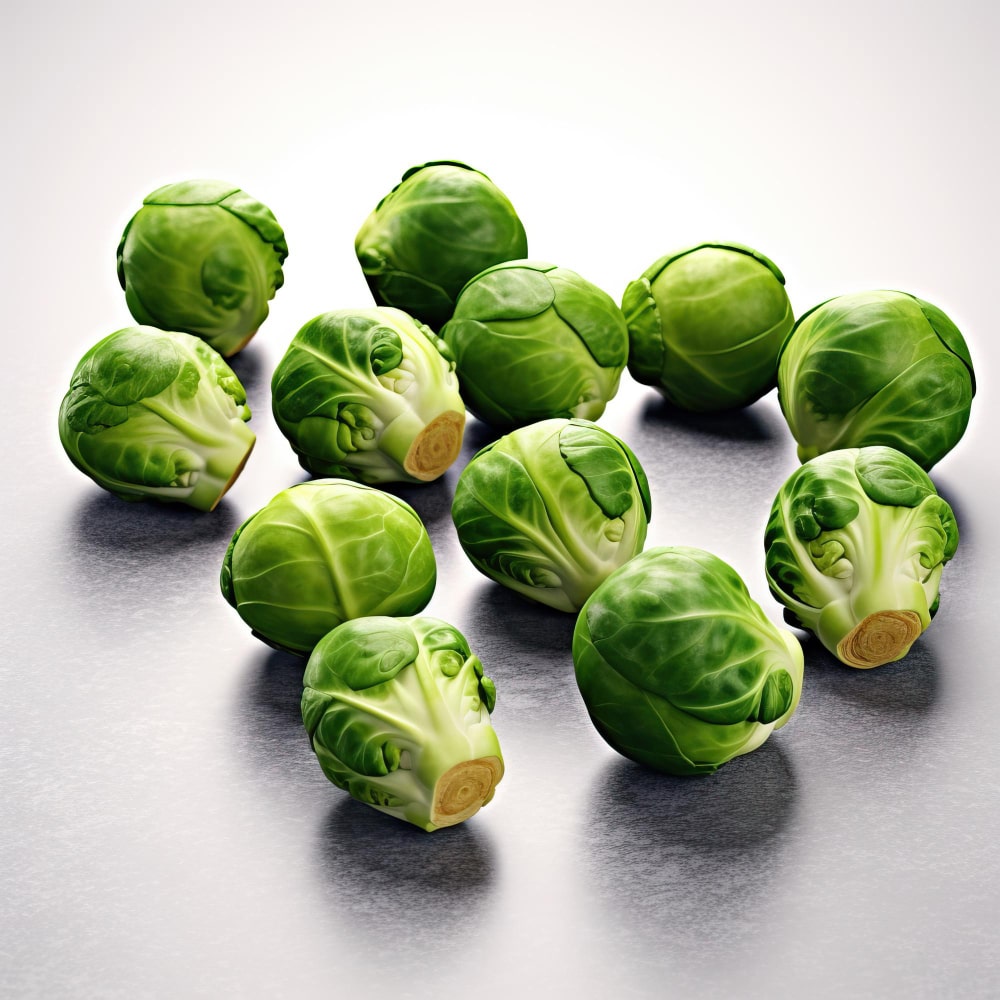
Not just tiny cabbages, Brussels sprouts pack some surprising nutrition in each bite, including a solid 3 grams of protein per cup when cooked. Whether roasted until crispy, sautéd with bacon, or shaved in a salad, Brussels sprouts offer a delicious plant protein boost. Their mild nutty flavor pairs well with creamy or tangy ingredients like lemon juice, goat cheese, or walnuts.
Edamame
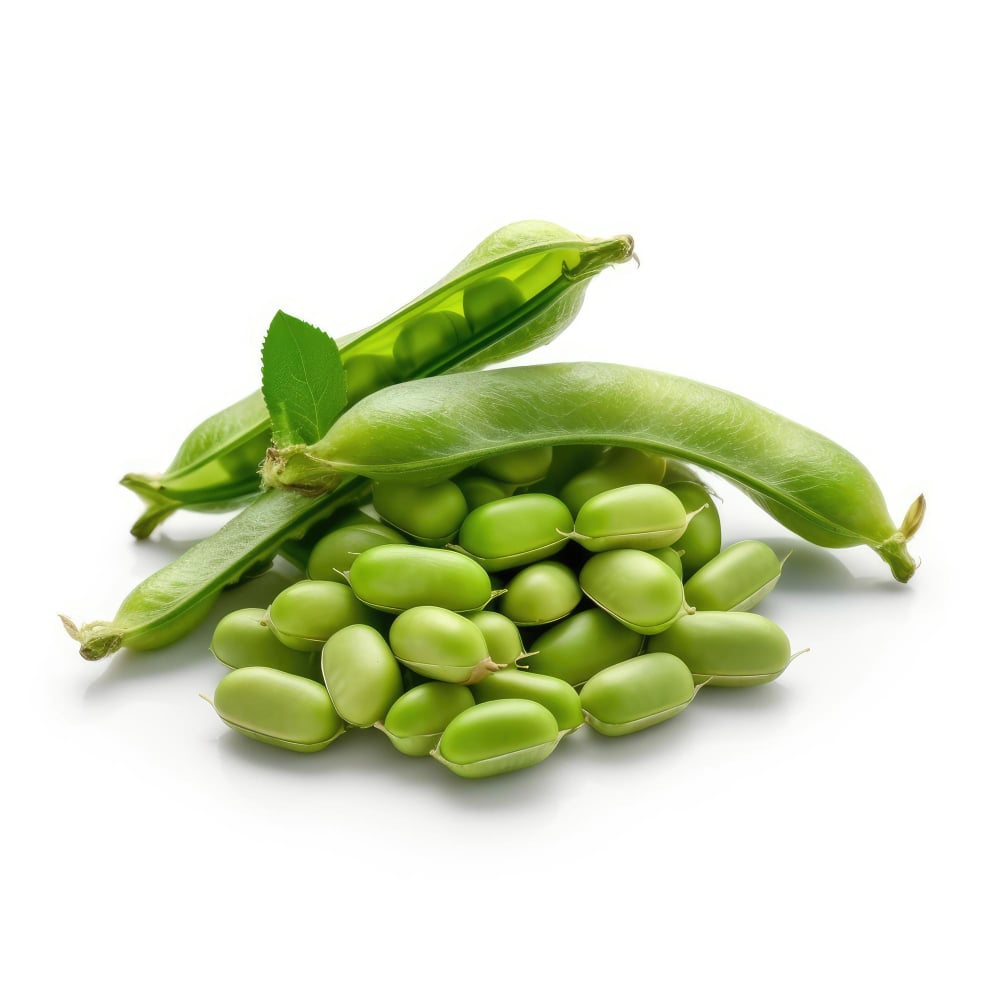
Edamame, or steamed soybeans, provides a whopping 18 grams of protein per cup. Enjoy it as a snack, add it to stir fries, or blend it into dips.
Edamame, or young soybeans, are a nutritious snack and staple in Asian cooking. With about 18.5 grams of protein per cup, edamame offers a substantial protein boost. Whether steamed as a snack, added to stir-fries, or blended into dips, edamame is a delicious plant protein source.
Green Peas
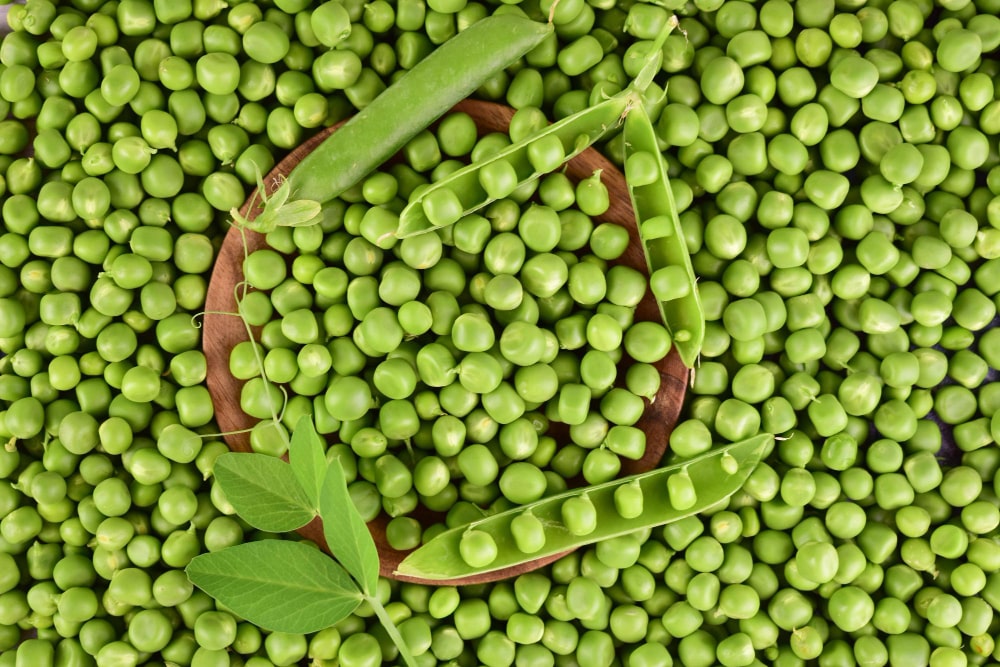
With 8 grams of protein per cup, green peas pack a nutritional punch. Add them to soups, salads, and casseroles for an easy protein boost.
Green peas may be small, but they pack a powerful punch of protein. With about 8 grams per cup, peas provide a substantial protein boost for their size. Whether enjoyed as a side dish, added to soups or salads, or blended into dips, green peas offer a delicious and nutritious way to increase your plant protein intake.
Creative Ways to Add More Plant Protein to Your Diet
Adding plant protein to your diet is simple when you get creative.
Blend edamame into hummus or guacamole for a protein-packed dip. Not only will it boost the nutrition, but it also provides an irresistibly creamy texture.
Toss cooked lentils, chickpeas or black beans into your salads. They add protein, heartiness and lots of satisfying texture.
Add nut butters like peanut or almond butter to your smoothies. Just a tablespoon or two provides protein to keep you full and gives your smoothie a delicious nutty flavor.
Sprinkle toasted nuts, seeds, or nutritional yeast on yogurt or oatmeal. They provide a crunchy, savory protein boost to balance out the sweetness.
Make veggie burgers or meatballs using ingredients like mushrooms, lentils, beans and seeds. Homemade or store-bought, they’re a great alternative to meat-based options.
Vegetarian Protein Diet FAQs: Your Most Common Questions Answered
How much protein do I need?
Most adults need 0.36 grams of protein per pound of body weight per day. So if you weigh 150 lbs, aim for about 54 grams of protein total from plant-based sources.
What are some good sources of plant protein?
Some excellent options include:
- Tofu (containing about 10 grams of protein per half cup)
- Lentils (9 grams per half cup cooked)
- Nut butters like peanut butter (8 grams per 2 tbsp)
- Quinoa (8 grams per one cooked cup)
- Chia seeds (5 grams per two tbsp)
- Nutritional yeast (8 grams per two tbsp)
Read for more lifestyle articles: https://cityfurnish.com/blog/category/lifestyle
Take Away
You see, it’s easier than you think to include enough plant protein in your diet. With so many nutritious options like spinach, broccoli, Brussels sprouts, edamame, and green peas, you can easily meet your protein needs from plants while benefiting your health. So be creative and have fun trying out new recipes and foods to boost your intake of tasty plant protein. Your body will thank you.

